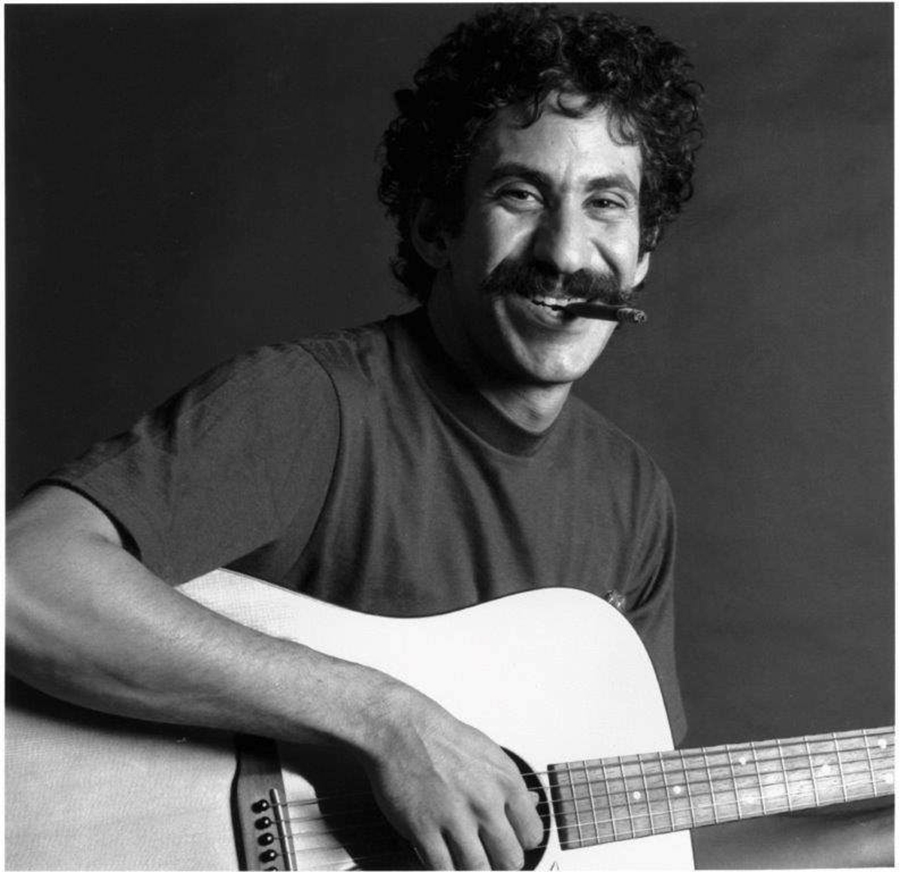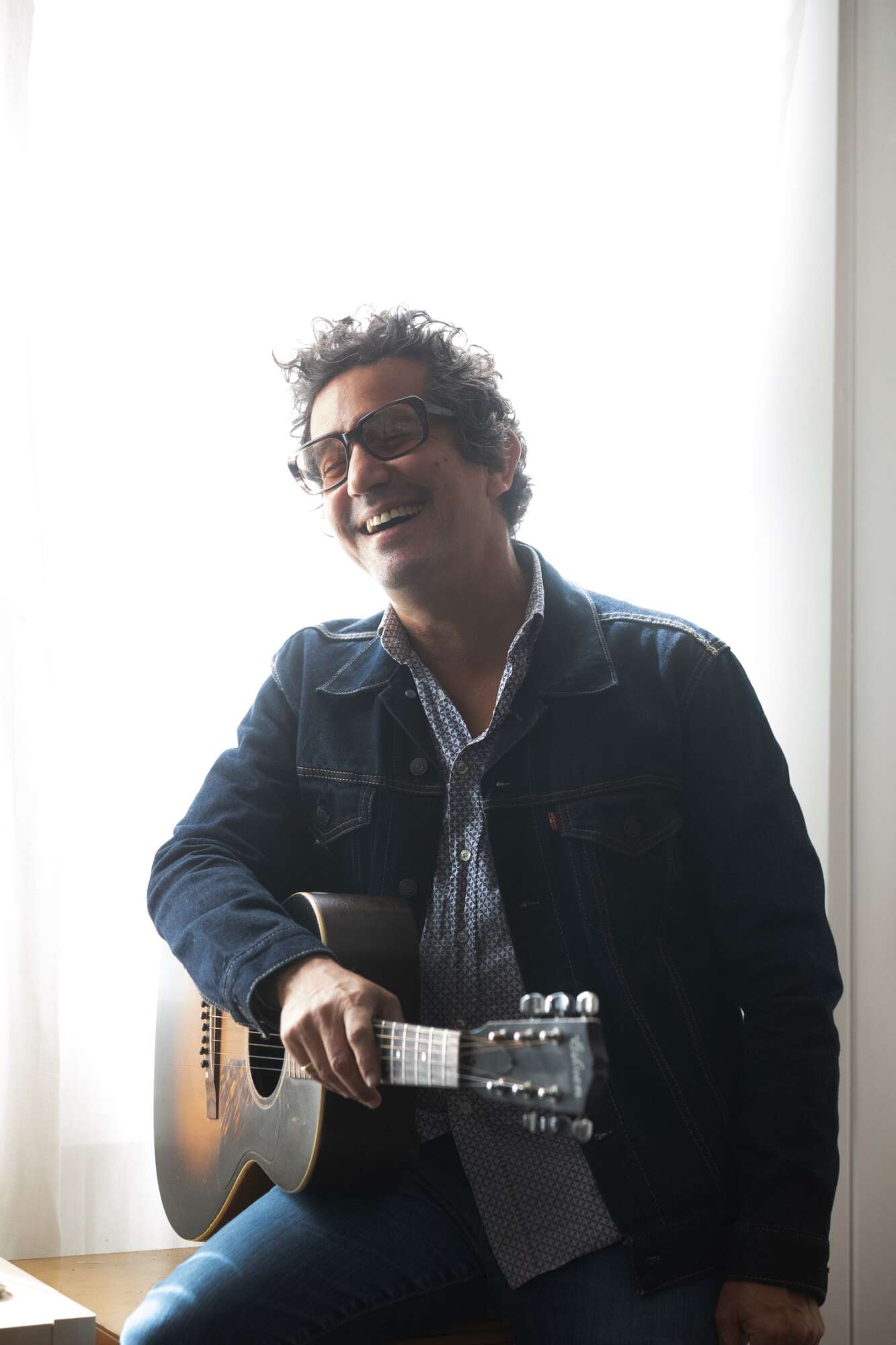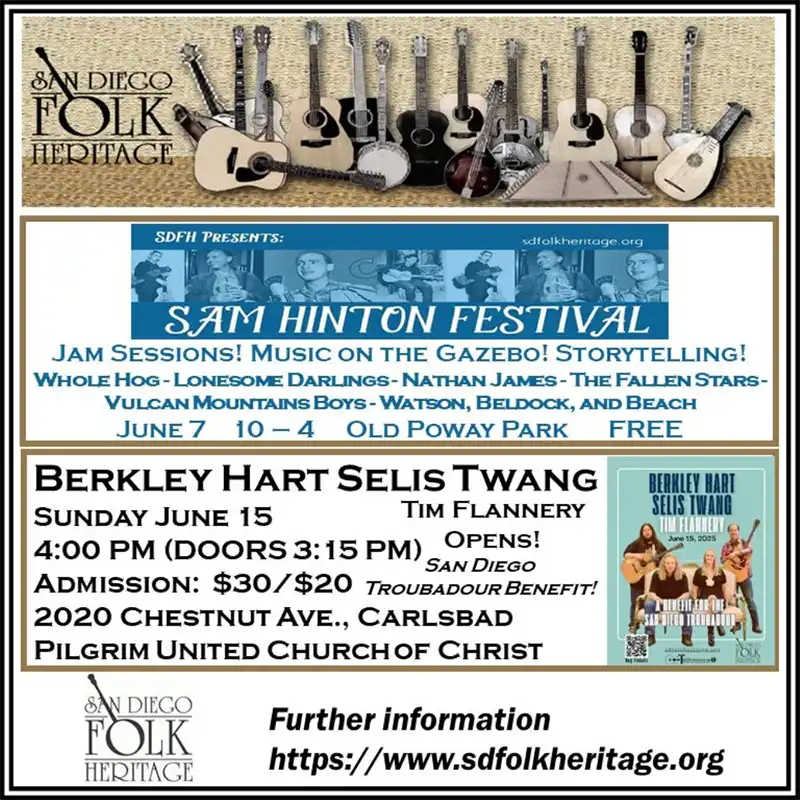Featured Stories
A.J. Croce Returns Home with a Heart of the Eternal

A.J. Croce. Photo by Jim Shea.
A.J. Croce, who will be appearing at Humphrey’s by the Bay on June 23rd, continues a 30-plus year career celebrating the diversity, soul, and sheer joy of American music. With a heritage that includes five generations of musicians, including the much-beloved late Jim Croce—he has been among the best, most innovative Americana-roots artists on the scene today. His appearance in San Diego is also a homecoming for Croce, who spent many years of his life in the area with his mother, Ingrid Croce.
With this tour and his latest album, Heart of the Eternal, he brings to the stage a resonance that could only thrive in an artist who holds a deep love for the music of his homeland, a virtual survey of everything from singer-songwriter sensibility to New Orleans funk and jazz and New York Tin Pan Alley song traditions.
As he sings on the opening song of his latest album, “I’ve Got a Feeling,”
Like the roots of a mighty oak, I will stand from now on.
The new album is a flawless series of recordings that have dug deep into the roots of the American musical journey. Each song plays like a potential hit single that, by all rights in terms of excellence, should soar up the charts. The 11-song collection includes danceable, melodic, well-produced music from the opening rocker, “I’ve Gotta a Feeling,” to the gospel-soul tinged, “Reunion”(cowritten by John Oates) and the playful metal jive of “Hey Margarita,” the Jim Croce-inspired “So Much Fun,” to the final beautifully realized duet with Margo Price, “The Finest Line,” which feels like a blessed visitation from the inspired likes of Leonard Cohen.
Heart of the Eternal is without a doubt a Grammy worthy album, which will draw consideration in several award categories from jazz to blues and country to Americana. It is a long overdue call for recognition from an artist whose talent and music have long deserved industry attention.
In a recent phone interview, Croce spoke to the San Diego Troubadour with enthusiasm for Heart of the Eternal:
“I’m proud of this record. There is more focus on each song with diversity of styles. But it all blends together. During a press junket for the album when I was doing hours of back-to-back interviews, every journalist had a different song they thought should be a single release. I felt good about that.”
What was clear during our conversation was the excited sound of his voice and his passion for this new album. Also there has been his three years of touring to honor his father’s music, which has added a rich dimension to his legacy.
Along the way he has been fortunate to collaborate with musical greats like Ben Harper, BB King, the Neville Brothers, Ray Charles, and Bela Fleck. When asked who was the most unique among the legendary artists he worked with during his career, he answered:
“There are so many. I was fortunate to be able to meet and work with Alan Toussaint. Also, Leon Russell. We had a special connection. I met Leon through Willie Nelson. Leon and I just connected. He was very shy. We talked a lot about the music and musicians we loved, like Johnny Johnson and Little Richard. We became friends over our love for music.”

A.J.’s father, Jim Croce.
Despite his birth into a family that seemed destined for a golden future, Croce’s life took a turn toward sudden tragedy early in his life. In 1973, his father, Jim Croce, the legendary singer-songwriter was killed in a plane crash in Louisiana. His infant son was a week shy of two years old. Even so, Croce said there was never a time when his father’s presence and fame were not with him. He described the mark of his father’s new-found fame and the tragedy that followed as “ever-present.” But, over a long period of time, alchemy occurred in the life of A.J. Croce.
As fate would have it, A.J. was born into a legacy of music, which became his saving grace. For young Croce, despite the loss of his father, the silver linings of his talent and a community of love and warmth lit up the road that carried his life forward.
During our interview Croce conveyed a sense of joy and passion for the gifts left to him by his father. He has lived his 53 years blessed with an immersive love for the rainbow-like spectrum of American roots music. He embraced it all through his original songs and genre explorations, from soul, jazz, and country to rock ‘n’ roll.
However, the tragedy that struck his life didn’t only happen decades ago, but also in 2018, when he lost his wife to a rare heart disease. This contributed to the deeper edges of faith and hard-fought joy that is present in Heart of the Eternal. Over the years since this loss, he has found a sense of gratitude and healing in the music evident on this new album.
Croce’s father’s untimely passing and the loss of his wife is more than a shadow of tragedy. The stories he tells of his journey through the peaks and vistas of American music demonstrates his father’s example as a beacon that lit the way. His love for music grew like a seedling into the blossom of phenomenal musical talent. He described it best:
“I’m a fifth-generation musician: my father, grandfather, and great grandfather. And my mother. Realizing that, I listened to my father’s music, which led me to Fats Waller, Bessie Smith, and bluesmen like Blind Willie McTell and then jazz with Mose Allison and Alan Toussaint. I discovered the music from New Orleans. I listened to Johnny Johnson from the Chuck Berry records, Memphis Slim, and Otis Span. It all became part of who I was. And who I am. It is who I am now. But there were also the British blues piano musicians, like Ian McLagan and Nicky Hopkins. Nicky loved American blues and rock ‘n’ roll, but it was how he so uniquely interpreted that made it so successful.”

Photo by Jim Shea.
Croce lost his sight when he was four years old due to a severe ear infection. It was a formative time for him as a different kind of loneliness and isolation presented itself, not experienced by most children. But the challenge of this experience became an opportunity to learn about the world of the music he came to cherish. He was drawn to the piano, which led him to listen and learn from the artists he most admired, including Ray Charles, Stevie Wonder, and Leon Russell. As his musical gift grew, it became impossible for the world to ignore his talent. He was absorbed in the companionship of the piano. For a while it became the source of a new kind of vision for him.
Croce excelled at piano and started performing at clubs in San Diego and Orange County, touring with rhythm and blues great Floyd Dixon (“Hey Bar Tender”) at 15 years old.
However, a notable event occurred when he was 17. He was staying at Arlo Guthrie’s home in Massachusetts where he met Mae Axton, who is known for writing “Heartbreak Hotel” for Elvis Presley. She was also the mother of singer-songwriter Hoyt Axton. It should be mentioned how grateful Croce said he was for Arlo and his wife, Jackie Guthrie, for the role they played in his career at such a young age.
Mae Axton, who was well-known in Nashville, heard A.J. play piano and sing during her visit. She was so impressed she got on the phone and called Cowboy Jack Clement, a legendary songwriter and producer who spent his early years at Sun Records, recording Elvis, Johnny Cash, and Jerry Lee Lewis. A short time after that A.J. Croce was recording demos with Elvis Presley’s band at Sun Studios in Memphis, Tennessee. It would lead to a record contract and an eponymous 1993 album produced by T-Bone Burnett and John Simon, who produced The Band. In 1995, veteran drummer Jim Keltner (Traveling Wilburys) produced his second album, That’s Me at the Bar with Ry Cooder and David Hidalgo (Los Lobos) appearing for good measure. The rest is history. He would go on to create a legacy of fine albums with producers like Cowboy Jack Clement, Allen Toussaint, and Tony Berg.
During those early days, Croce described how much he loved roots music and playing the small clubs to enthusiastic audiences. “I’m really about the music, the song, not about fame or commercial success, but I must earn a living. At that point when I was 18, I became torn between going just for success and playing this music that I loved and grew up with. I’ll play anywhere there’s an audience. But I really like to sell out, I mean, have an audience. Then, I had an epiphany.” He continued “The phone rang. It was a call from B.B.” The great bluesman was looking for a piano player. So, Croce found himself on the road with B.B. King. He found the direction for his career. His answer to his dilemma came with a simple phone call and Croce has remained true to his musical calling since that time.
Today, A.J. Croce calls it a calling. “If it’s big or small, I’m answering a calling and it’s all about the music,” he says and then adds, “It’s about the service. I’m looking forward to playing at Humphrey’s by the Bay” And then he added, “You know, it’s about the name as well.” He said it in gratitude echoing his father’s famous song, “I’ve Got a Name.” For A.J. Croce, there is a sense of pride in his heritage, his personal legacy and those who share in his love for the music of America.
Croce Sings Croce, Monday, June 23 at Humphrey’s by the Bay, 2241 Shelter Island Dr., 8pm.







